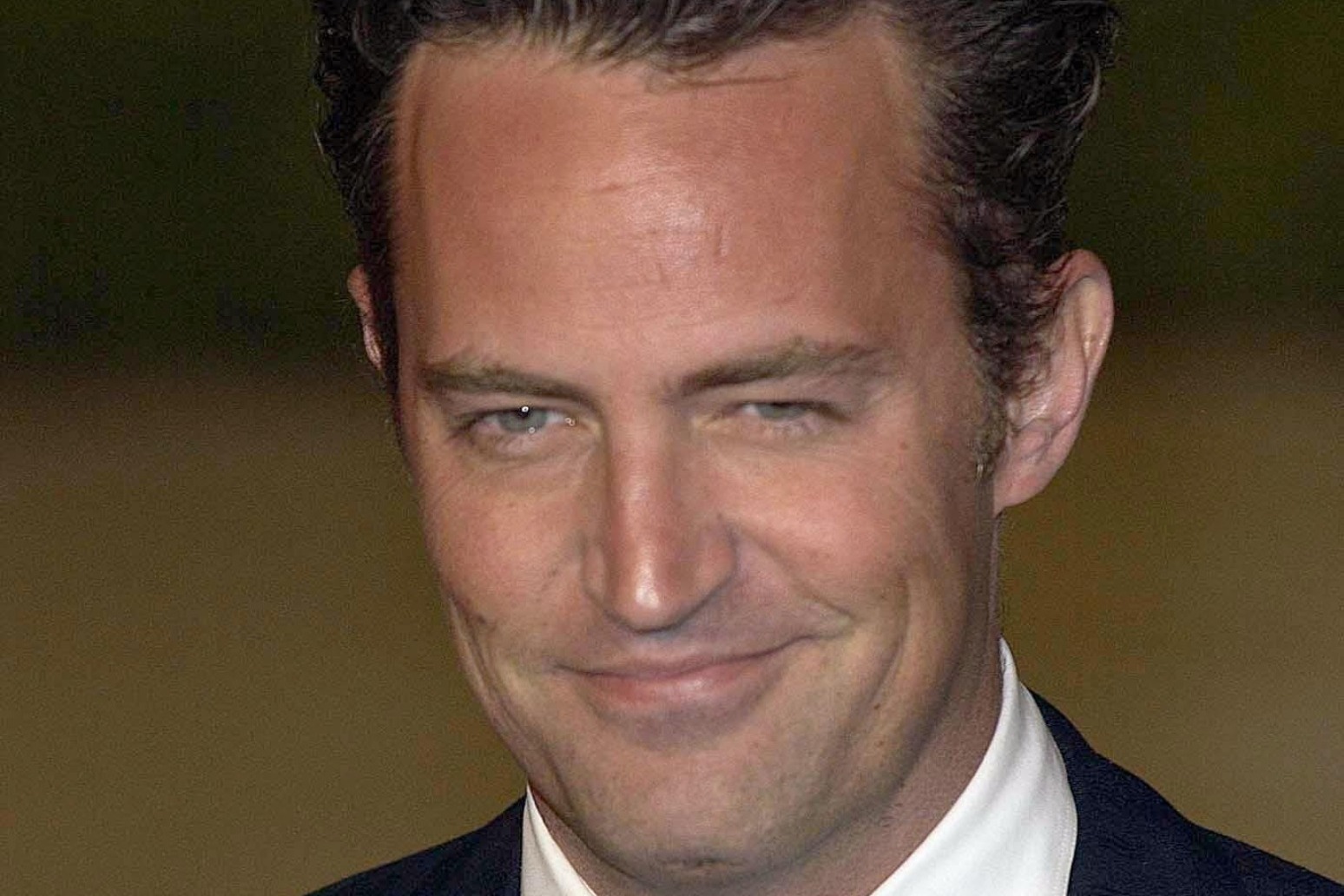
Matthew Perry’s assistant and two doctors among those charged over his death
Matthew Perry’s assistant and two doctors are among five people who have been charged after the Friends star died from an accidental ketamine overdose last October, United States attorney Martin Estrada told a press briefing.
An investigation into the circumstances surrounding Perry’s death revealed that in autumn last year the 54-year-old actor “fell back into addiction and these defendants took advantage to profit for themselves”, Mr Estrada said.
“Matthew Perry sought treatment for depression and anxiety and went to a local clinic where he became addicted to intravenous ketamine,” Drug Enforcement Administration (DEA) administrator Anne Milgram said.
“When clinic doctors refused to increase his dosage, he turned to unscrupulous doctors who saw Perry as a way to make quick money.”
Dr Salvador Plasencia, 42, of Santa Monica, allegedly worked with Dr Mark Chavez, 54, of San Diego, to supply Perry with large amounts of ketamine – “charging Perry 2,000 dollars (£1,500) for a vial that cost Dr Chavez approximately 12 dollars (£9)”.
“As Matthew Perry’s ketamine addiction grew, he wanted more, and he wanted it faster and cheaper, that is how he ended up buying from street dealers who sold the ketamine that ultimately led to his death,” Ms Milgram said.
The pair of doctors allegedly used Perry’s live-in assistant Kenneth Iwamasa, 59, of Toluca Lake, to distribute approximately 20 vials of ketamine to the actor over a two-month period from September to October 2023 “in exchange for 55,000 dollars” (£43,000).
Perry, who most famously played Chandler Bing in hit US sitcom Friends, was found “unresponsive in the pool at his residence” in Los Angeles on October 28.
In December, Perry’s death was ruled an accident from the “acute effects of ketamine” – a sedative that can be used as a recreational drug, as well as to treat depression and pain management.
A medical examiner said that Perry had been receiving ketamine infusion therapy for depression and anxiety, with his last known treatment one-and-a-half weeks prior to his death.
“The ketamine in his system at death could not be from that infusion therapy,” the report said.
Perry was open about his battle with substance abuse and addiction, setting up a sober living facility for men with similar issues.
Mr Estrada said the investigation into his death uncovered a “broad underground criminal network responsible for distributing large quantities of ketamine to Perry and others”.
Following his death, a foundation was set up in his name to help those struggling with addiction.
Published: by Radio NewsHub